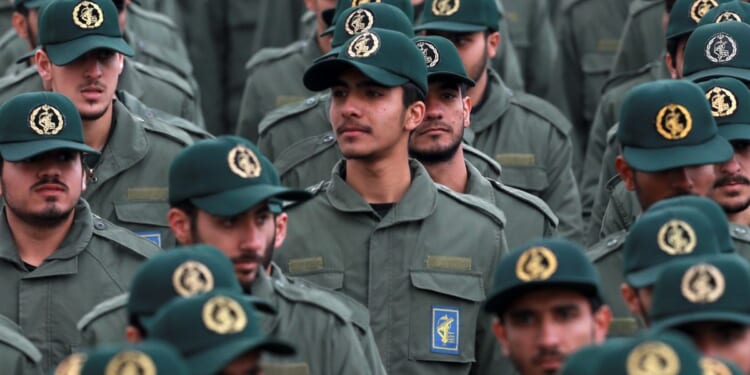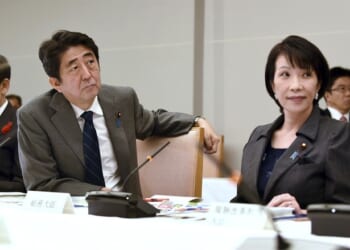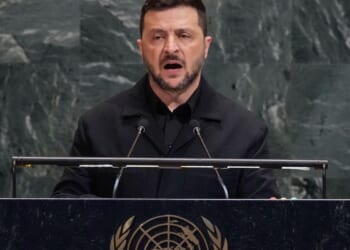
Iran has entered a state of permanent “water bankruptcy” in which the Islamic Republic’s demand far exceeds any renewable supply, according to a report released this week by the Middle East Forum think tank.
The report accuses Tehran’s Islamic Revolutionary Guard Corps of creating a “water mafia” that profits from ecologically destructive megaprojects such as the Gotvand Dam, completed in 2012 and one of the biggest in Iran. It was built over the Karun River, the country’s only navigable river.
The Gotvand Dam project led to the death of 400,000 palm trees because of the exponential increase in the salinity of the Karun River, effectively turning it into a “permanent brine factory,” the Middle East Forum analysts said.
The report projects 1.35 million excess deaths and up to 18 million internal refugees over the next decade if current conditions persist.
Water reserves at the critical Karaj Dam, supplying Tehran, have plummeted 75% year-over-year to 28 million cubic meters. The national electricity deficit has caused widespread blackouts that further cripple water pumping infrastructure, according to the report.
“This report exposes the ultimate consequences of authoritarian misrule — the physical destruction of a nation’s capacity to sustain life,” Gregg Roman, executive director of the Middle East Forum, said in a statement. “The Iranian regime has not merely failed to manage water resources; it has systematically destroyed three millennia of Persian water stewardship for profit.”
The contrast with regional success stories couldn’t be starker, said Winfield Myers, managing editor of the Middle East Forum.
“While Israel achieves water security through desalination and recycling, and Saudi Arabia implements its Vision 2030 water strategy, Iran’s regime doubles down on the corrupt practices that created this crisis,” Mr. Myers said. “The proposed $100 billion capital relocation project represents not a solution but the ultimate manifestation of the ‘water mafia’s’ predatory business model — engineering disasters to justify lucrative contracts.”
The report proposes an international water recovery consortium that would unite expertise from several countries, including Israel, Australia, Singapore, the Netherlands and the Persian Gulf states.
“However, this recovery plan requires a fundamental political transition in Iran, as the current regime’s survival depends on the very corruption driving the crisis,” the report stated.










